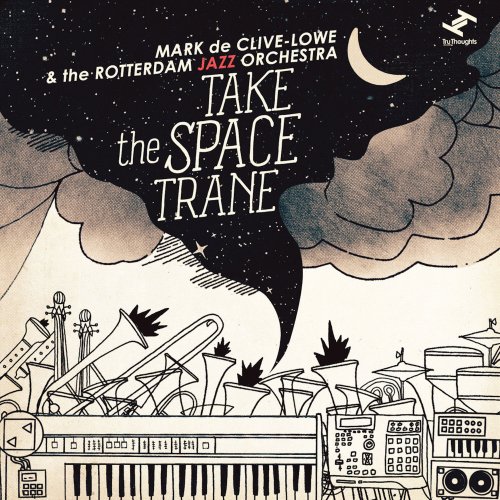Artist:
Mildred Bailey
Title:
The Chronological Classics: 1929-1932
Year Of Release:
1999
Label:
Classics [1061]
Genre:
Jazz, Vocal Jazz, Swing
Quality:
FLAC (tracks + .cue,log)
Total Time: 77:18
Total Size: 166 MB(+3%)
WebSite:
Album Preview
Tracklist01. What Kind o' Man Is You? (3:25)
02. I Like to Do Things for You (3:27)
03. Blues in My Heart (3:09)
04. You Call It Madness (3:08)
05. When It's Sleepy Time Down South (3:01)
06. Wrap Your Troubles in Dreams (3:07)
07. When It's Sleepy Time Down South (3:22)
08. Can't You See (3:20)
09. My Goodbye to You (3:09)
10. Too Late (3:30)
11. Georgia on My Mind (3:27)
12. Concentratin' (2:51)
13. Home (3:10)
14. Lies (3:00)
15. Medley Geo White Scandals (That's Why Darkies Were Born) (3:23)
16. 'Leven Pounds of Heaven (3:32)
17. I'm Sorry Dear (2:38)
18. All of Me (3:17)
19. Dear Old Mother Dixie (3:16)
20. Hot-Cha Medley (4:05)
21. Stop the Sun, Stop the Moon (2:39)
22. Strangers (2:43)
23. I'll Never Be the Same (3:20)
24. We Just Couldn't Say Goodbye (3:19)
This is the first volume in the Classics label's chronological profile of vocalist Mildred Bailey. It documents the beginning of her recording career with 24 titles she waxed for the Parlophone, Okeh, Brunswick and Victor labels between October 5, 1929 and August 11, 1932. She was born Mildred Rinker on a wheat farm inside of an Indian reservation near the Idaho panhandle in Tekoa WA on February 27, 1907. Mildred and her family were members of the First Nation Coeur d'Alene or Schitsu'umsh tribe. Mildred's mother Josie Rinker was an accomplished pianist who specialized in ragtime. In 1913, the family moved to Spokane, where Mildred and her brothers befriended a boy named Harry Lillis "Bing" Crosby. By the age of 17, Mildred was living with relatives in Seattle and working as a singer demonstrating songs in a sheet music store. She entered showbiz using the surname of her first husband, Ted Bailey. After developing her skills by singing in speakeasies and over the radio in the Northwest, Mildred Bailey married a bootlegger named Benny Stafford and moved to Los Angeles where she began attracting a lot of attention by singing in nightclubs on the Sunset Strip. (Legend has it she also operated her own highly acclaimed illicit microbrewery.) In 1925, Bing Crosby and Al Rinker dropped out of college, hopped in a Model T and drove from Spokane to Hollywood where Mildred Bailey showed them around and hooked them up with her best showbiz contacts. By October 1926 Crosby and Rinker were working for society bandleader Paul Whiteman. Teamed with Harry Barris in a trio nationally recognized as The Rhythm Boys, they eventually expressed their gratitude by introducing Mildred Bailey to Whiteman in 1929. Whiteman hired her at once; her voice was soon heard on national radio broadcasts and by 1930 she was his highest-paid performer. (The ethical nadir of her discography occurred on November 30, 1931 when Whiteman had her sing "That's Why Darkies Were Born.") Apart from four attractive sides cut with the Casa Loma Orchestra in September 1931, most of the recordings making up this segment of Mildred Bailey's chronology involve either the Paul Whiteman Orchestra or smaller ensembles largely composed of musicians who were affiliated with the self-styled "King of Jazz." Mildred's first two session bands were led by guitarist Eddie Lang and saxophonist Frankie Trumbauer, with cornet passages by Andy Secrest that were carefully patterned after the style of Bix Beiderbecke, who had made his last recording with the Whiteman orchestra only weeks earlier on September 13, 1929. Beiderbecke's combined absence and presence are eerily evident. It's obvious why Mildred Bailey caught on so quickly as a vocalist; all of her best traits -- sweetness, charm, passion and poise -- were evident from the very beginning. Tougher than Annette Hanshaw and gutsier than Ruth Etting, sometimes Mildred let loose like a sassy American girl; on "I Like to Do Things for You" she even sounds like Helen Kane. At her best, Mildred Bailey was a gifted interpreter of ballads and topical amusements; her superb abilities as a jazz and pop vocalist are well represented by this first volume of her complete recorded works.
Exact Audio Copy V1.0 beta 1 from 15. November 2010
EAC extraction logfile from 7. March 2015, 12:08
Mildred Bailey / Chronological 1929-1932
Used drive : ATAPI iHAS120 6 Adapter: 0 ID: 0
Read mode : Secure
Utilize accurate stream : Yes
Defeat audio cache : No
Make use of C2 pointers : Yes
Read offset correction : 6
Overread into Lead-In and Lead-Out : No
Fill up missing offset samples with silence : Yes
Delete leading and trailing silent blocks : No
Null samples used in CRC calculations : No
Used interface : Native Win32 interface for Win NT & 2000
Gap handling : Appended to previous track
Used output format : Internal WAV Routines
Sample format : 44.100 Hz; 16 Bit; Stereo
TOC of the extracted CD
Track | Start | Length | Start sector | End sector
---------------------------------------------------------
1 | 0:00.32 | 3:25.03 | 32 | 15409
2 | 3:25.35 | 3:27.15 | 15410 | 30949
3 | 6:52.50 | 3:08.73 | 30950 | 45122
4 | 10:01.48 | 3:08.30 | 45123 | 59252
5 | 13:10.03 | 3:01.11 | 59253 | 72838
6 | 16:11.14 | 3:07.13 | 72839 | 86876
7 | 19:18.27 | 3:22.00 | 86877 | 102026
8 | 22:40.27 | 3:19.71 | 102027 | 117022
9 | 26:00.23 | 3:08.49 | 117023 | 131171
10 | 29:08.72 | 3:29.43 | 131172 | 146889
11 | 32:38.40 | 3:27.31 | 146890 | 162445
12 | 36:05.71 | 2:50.59 | 162446 | 175254
13 | 38:56.55 | 3:10.02 | 175255 | 189506
14 | 42:06.57 | 2:59.56 | 189507 | 202987
15 | 45:06.38 | 3:23.36 | 202988 | 218248
16 | 48:29.74 | 3:31.51 | 218249 | 234124
17 | 52:01.50 | 2:38.35 | 234125 | 246009
18 | 54:40.10 | 3:17.03 | 246010 | 260787
19 | 57:57.13 | 3:15.51 | 260788 | 275463
20 | 61:12.64 | 4:04.54 | 275464 | 293817
21 | 65:17.43 | 2:38.66 | 293818 | 305733
22 | 67:56.34 | 2:42.41 | 305734 | 317924
23 | 70:39.00 | 3:20.26 | 317925 | 332950
24 | 73:59.26 | 3:18.68 | 332951 | 347868
Track 1
Filename D:\Application Data\EAC\01 - What Kind O' Man Is You (10-05-29).wav
Pre-gap length 0:00:02.32
Peak level 77.4 %
Extraction speed 16.5 X
Track quality 100.0 %
Copy CRC 8745003B
Accurately ripped (confidence 1) [3D95ECFB]
Copy OK
Track 2
Filename D:\Application Data\EAC\02 - I Like To Do Things For You.wav
Peak level 91.0 %
Extraction speed 12.7 X
Track quality 99.8 %
Copy CRC 6F8630FD
Accurately ripped (confidence 1) [C928AEBC]
Copy OK
Track 3
Filename D:\Application Data\EAC\03 - Blues In My Heart.wav
Suspicious position 0:03:08
Peak level 93.0 %
Extraction speed 14.7 X
Track quality 99.4 %
Copy CRC 94E4E44A
Cannot be verified as accurate (confidence 1) [8C8FAF74], AccurateRip returned [D5D41C36]
Copy finished
Track 4
Filename D:\Application Data\EAC\04 - You Call It Madness.wav
Peak level 83.2 %
Extraction speed 15.7 X
Track quality 100.0 %
Copy CRC A69FC982
Accurately ripped (confidence 1) [F26EE289]
Copy OK
Track 5
Filename D:\Application Data\EAC\05 - When It'S Sleepy Time Down South.wav
Peak level 84.7 %
Extraction speed 16.1 X
Track quality 100.0 %
Copy CRC 614BB4F0
Accurately ripped (confidence 1) [E8035D07]
Copy OK
Track 6
Filename D:\Application Data\EAC\06 - Wrap Your Troubles In Dreams.wav
Peak level 84.7 %
Extraction speed 17.3 X
Track quality 100.0 %
Copy CRC E5542FD8
Accurately ripped (confidence 1) [9616C81D]
Copy OK
Track 7
Filename D:\Application Data\EAC\07 - When It's Sleepy Time Down South (10-04-31).wav
Peak level 83.2 %
Extraction speed 17.8 X
Track quality 100.0 %
Copy CRC 6E1F5BD6
Accurately ripped (confidence 1) [C2C59C50]
Copy OK
Track 8
Filename D:\Application Data\EAC\08 - Can't You See (10-04-31).wav
Peak level 96.1 %
Extraction speed 18.7 X
Track quality 100.0 %
Copy CRC 09E7E041
Accurately ripped (confidence 1) [6B973E8D]
Copy OK
Track 9
Filename D:\Application Data\EAC\09 - My Goodbye To You (10-06-31).wav
Peak level 91.1 %
Extraction speed 20.1 X
Track quality 100.0 %
Copy CRC 299D5F3D
Accurately ripped (confidence 1) [34C29E42]
Copy OK
Track 10
Filename D:\Application Data\EAC\10 - Too Late (11-24-31).wav
Peak level 100.0 %
Extraction speed 19.5 X
Track quality 100.0 %
Copy CRC 6A618006
Accurately ripped (confidence 1) [30CE894B]
Copy OK
Track 11
Filename D:\Application Data\EAC\11 - Georgia On My Mind.wav
Peak level 97.5 %
Extraction speed 20.4 X
Track quality 100.0 %
Copy CRC A3A2321A
Accurately ripped (confidence 1) [DF83B061]
Copy OK
Track 12
Filename D:\Application Data\EAC\12 - Concentratin' (11-24-31).wav
Peak level 96.6 %
Extraction speed 20.8 X
Track quality 100.0 %
Copy CRC B838569E
Accurately ripped (confidence 1) [0DF5FE40]
Copy OK
Track 13
Filename D:\Application Data\EAC\13 - Home (11-28-31).wav
Peak level 82.3 %
Extraction speed 21.8 X
Track quality 100.0 %
Copy CRC ADA36542
Accurately ripped (confidence 1) [0AE7A835]
Copy OK
Track 14
Filename D:\Application Data\EAC\14 - Lies (11-28-31).wav
Peak level 94.3 %
Extraction speed 23.1 X
Track quality 100.0 %
Copy CRC A6CBE043
Accurately ripped (confidence 1) [746041DA]
Copy OK
Track 15
Filename D:\Application Data\EAC\15 - Medley Geo White Scandals (That's Why Darkies Were Born) (11-30-31).wav
Peak level 100.0 %
Extraction speed 22.6 X
Track quality 100.0 %
Copy CRC 10492A22
Accurately ripped (confidence 1) [3B2371B6]
Copy OK
Track 16
Filename D:\Application Data\EAC\16 - Leven Pounds Of Heaven (11-30-31).wav
Peak level 87.1 %
Extraction speed 23.3 X
Track quality 100.0 %
Copy CRC 6ADC75CB
Accurately ripped (confidence 1) [65B4D06D]
Copy OK
Track 17
Filename D:\Application Data\EAC\17 - I'm Sorry Dear (12-01-31).wav
Peak level 82.9 %
Extraction speed 23.7 X
Track quality 100.0 %
Copy CRC 7BE00C57
Accurately ripped (confidence 1) [067C0963]
Copy OK
Track 18
Filename D:\Application Data\EAC\18 - All Of Me (12-01-31).wav
Peak level 90.6 %
Extraction speed 24.1 X
Track quality 100.0 %
Copy CRC E63A00B4
Accurately ripped (confidence 1) [A19E658C]
Copy OK
Track 19
Filename D:\Application Data\EAC\19 - Dear Old Mother Dixie (03-01-32).wav
Peak level 94.0 %
Extraction speed 22.2 X
Track quality 99.8 %
Copy CRC AE984CCB
Accurately ripped (confidence 1) [CEDEFF80]
Copy OK
Track 20
Filename D:\Application Data\EAC\20 - Hot-Cha Medley (03-02-32).wav
Peak level 91.1 %
Extraction speed 23.3 X
Track quality 100.0 %
Copy CRC 89451815
Accurately ripped (confidence 1) [D451BC4E]
Copy OK
Track 21
Filename D:\Application Data\EAC\21 - Stop The Sun Stop The Moon.wav
Peak level 94.6 %
Extraction speed 25.4 X
Track quality 100.0 %
Copy CRC 587513CF
Accurately ripped (confidence 1) [F0A40F7A]
Copy OK
Track 22
Filename D:\Application Data\EAC\22 - Strangers (03-03-32).wav
Peak level 100.0 %
Extraction speed 22.8 X
Track quality 99.8 %
Copy CRC DCE54905
Accurately ripped (confidence 1) [2D8E8C71]
Copy OK
Track 23
Filename D:\Application Data\EAC\23 - I'll Never Be The Same (08-11-32).wav
Peak level 100.0 %
Extraction speed 24.2 X
Track quality 100.0 %
Copy CRC 817C4C47
Accurately ripped (confidence 1) [E0346B10]
Copy OK
Track 24
Filename D:\Application Data\EAC\24 - We Just Couldn't Say Goodbye (08-11-32).wav
Peak level 90.2 %
Extraction speed 23.9 X
Track quality 99.8 %
Copy CRC 0D898B73
Accurately ripped (confidence 1) [EB5A121F]
Copy OK
23 track(s) accurately ripped
1 track(s) could not be verified as accurate
Some tracks could not be verified as accurate
There were errors
End of status report
==== Log checksum 05C0BCFF18D0D3C825F7316F7E6DE8B1FFE774D27667A4697429E233DA12B4DC ====
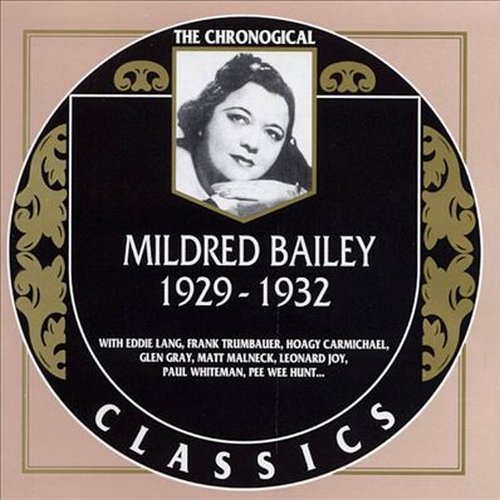

![Fat Produce - Fresh Squeeze (2024) [Hi-Res] Fat Produce - Fresh Squeeze (2024) [Hi-Res]](https://www.dibpic.com/uploads/posts/2024-05/1714830919_a0275304073_10.jpg)
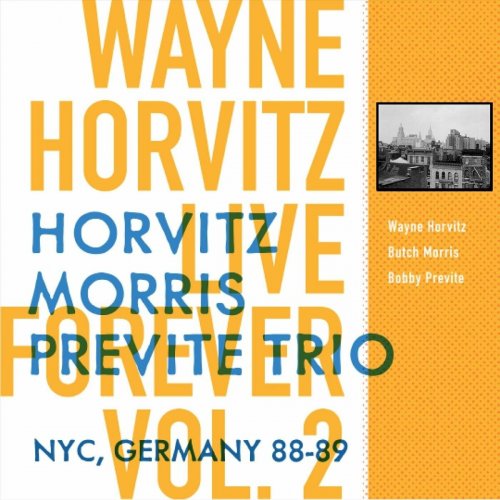
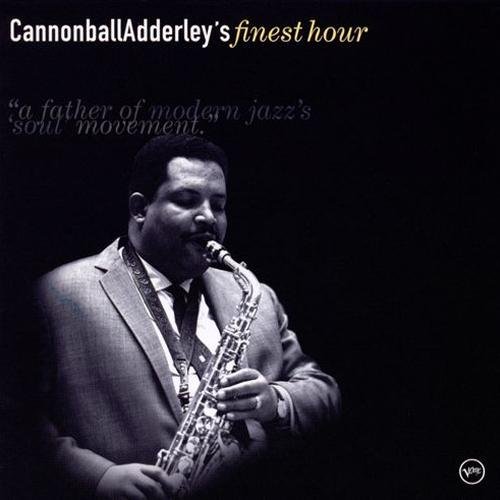

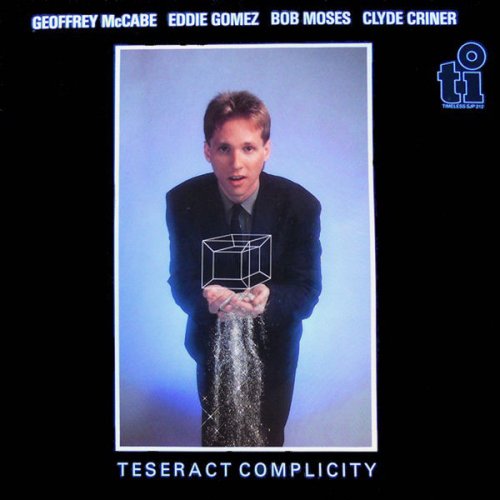


![Liv Monaghan - First Light (2024) [Hi-Res] Liv Monaghan - First Light (2024) [Hi-Res]](https://www.dibpic.com/uploads/posts/2024-05/1714834537_cover.jpg)
